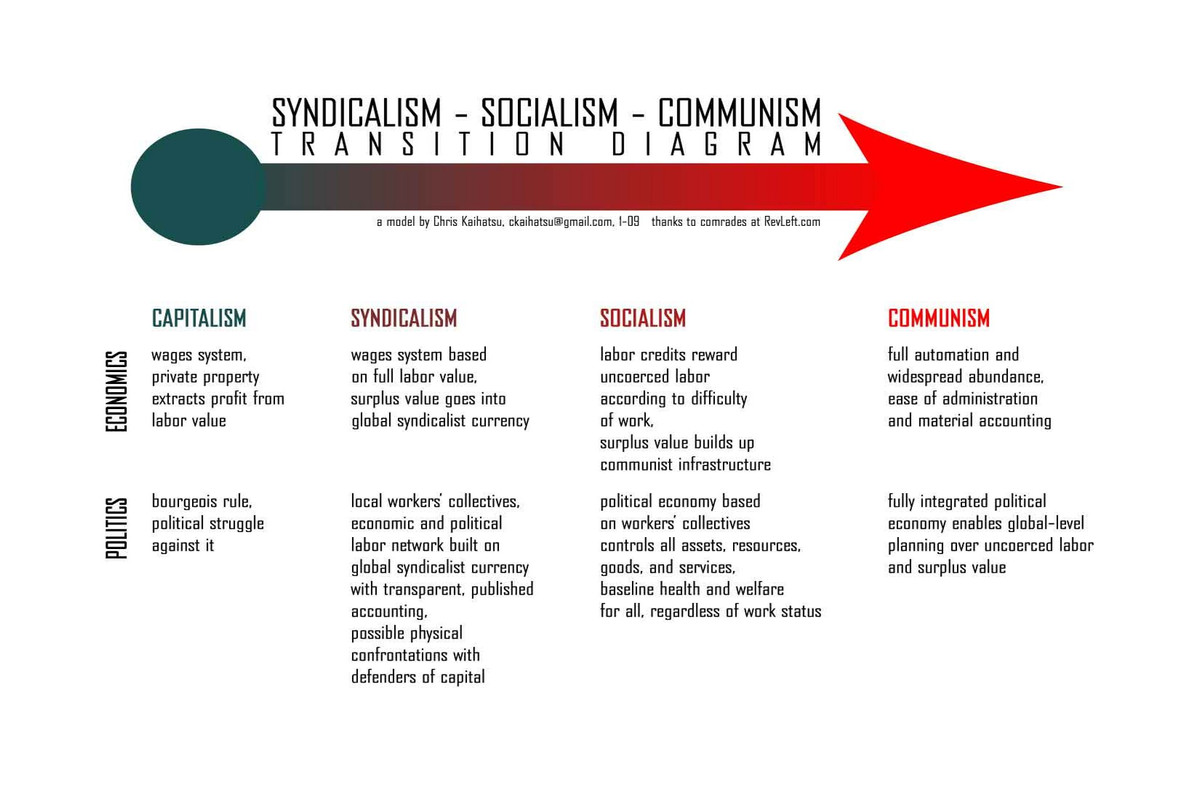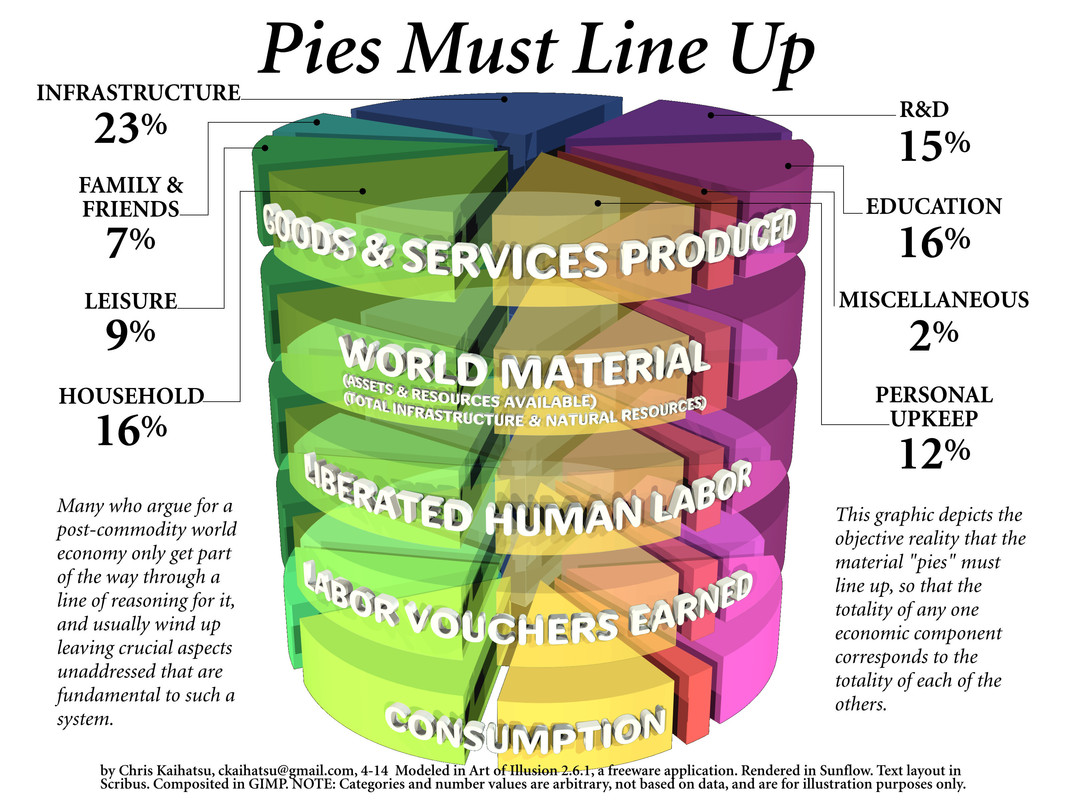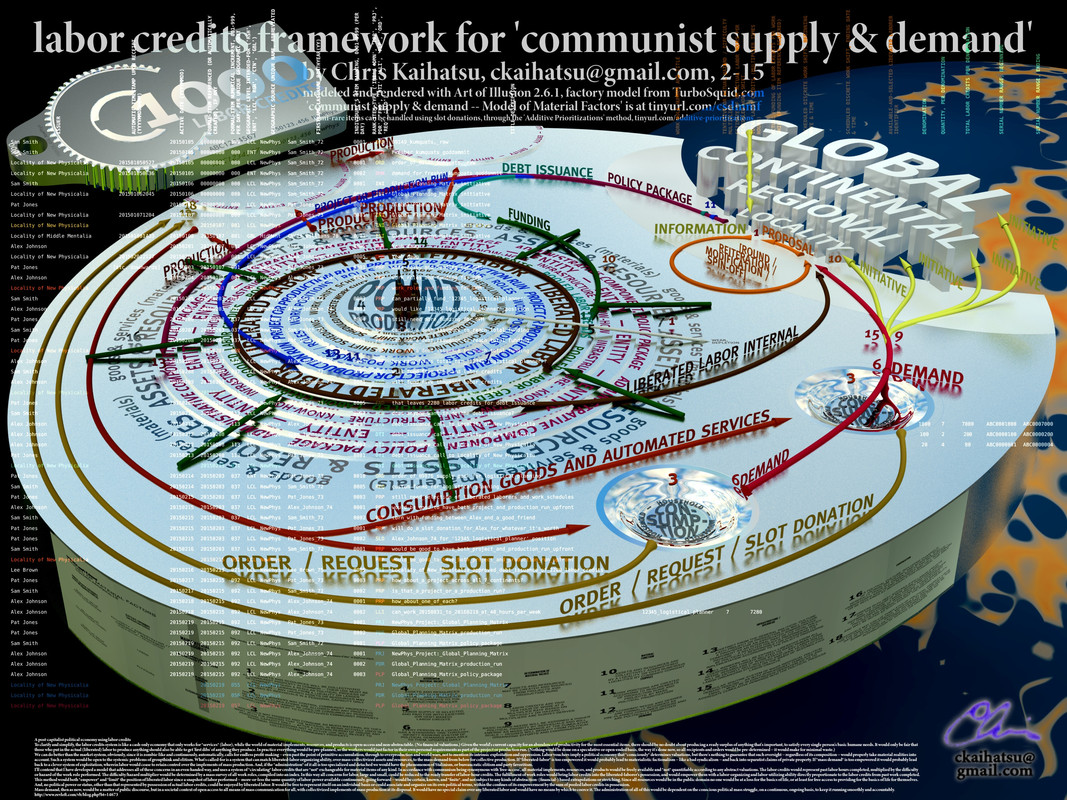- 06 Dec 2022 14:33
#15258177
Jesus, Rich, just say 'Left' like everybody else. Thanks.
Rich wrote:
And what is Marxism? What is the socio-economic foundation for the Marxist ideology? Excuse me for posting this a second time but it so hits the mark
https:// www.youtube.com/watch?v=bJ8ErcWRjCs
This is Eton the top school in Britain a bye word for privilege, yet its probably produced more Marxists than any other school in Britain. There are two other words that are bywords for privilege, Oxford and Cambridge. Guy Burgess the central character of the above film goes on to Cambridge. For centuries Oxford and Cambridge were the unchallenged top universities in Britain, yet again these bastions of privilege have almost certainly produced more Marxists than any other colleges in Britain. Its time to face reality Marxism is an ideology of the educational elite. Its not the only ideology of the educational elite but it is a massively important one.
The history of Marxism is the history of Middle and upper class intellectuals accusing each other of being Petit Bourgeois. Marxism is dead! Long live Marxism! By going Cultural, throwing the working class into the dustbin of history and by making an alliance with the Pharmaceutical-Sickness Industrial complex and the Big Tech -Monopoly -Surveillance Industrial Complex. Marxism is back, bigger and badder than ever before.
Jesus, Rich, just say 'Left' like everybody else. Thanks.



















 - By JohnRawls
- By JohnRawls - By Tainari88
- By Tainari88